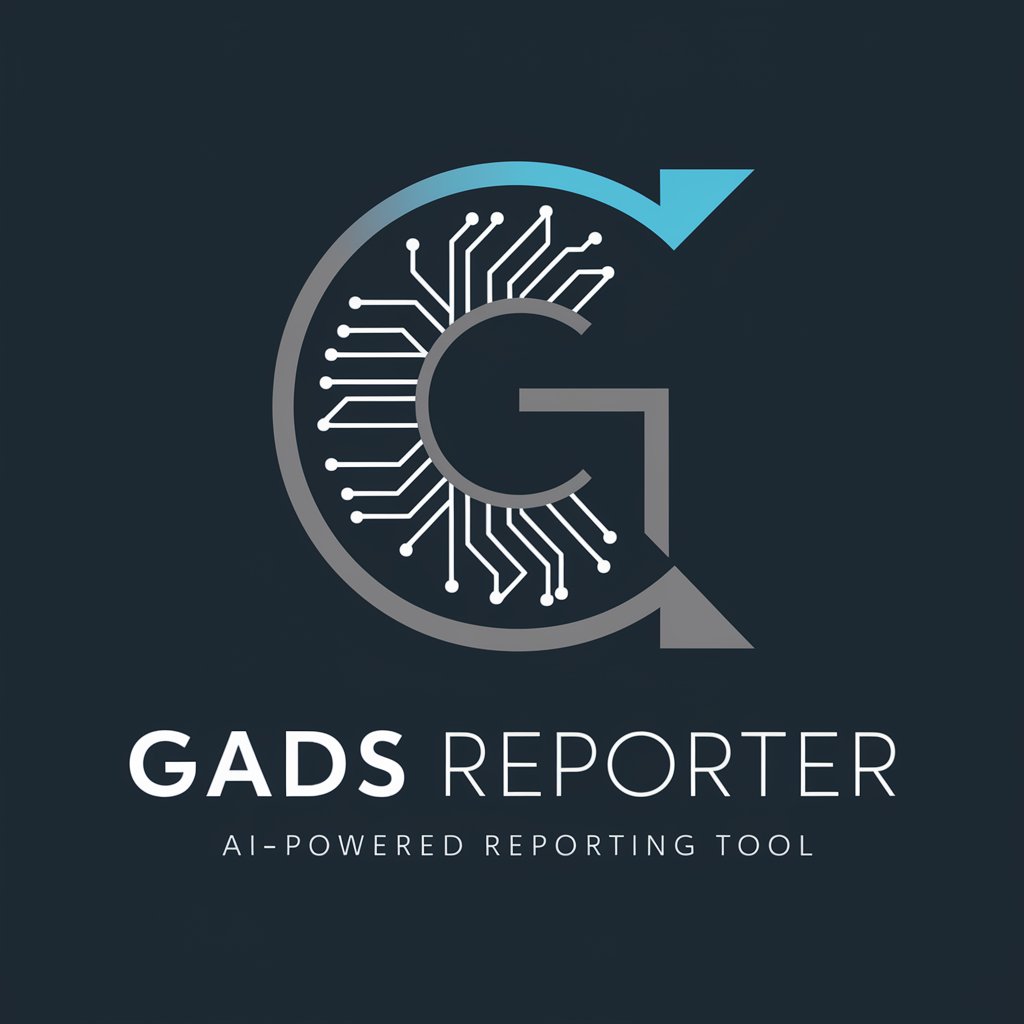9 GPTs for Data Decisions Powered by AI for Free of 2026
AI GPTs for Data Decisions are advanced computational tools designed to assist in making informed decisions based on data analysis and interpretation. Utilizing the power of Generative Pre-trained Transformers, these AI models are tailored for analyzing large volumes of data, recognizing patterns, and generating insights. They are pivotal in providing bespoke solutions for data-driven decision-making processes, leveraging their capacity to process and interpret complex datasets efficiently.
Top 9 GPTs for Data Decisions are: Product Head,Chief Revenue Officer,GAds Reporter,A+ Agile SP God,Jackpot Genie,Product Led Flows,Game Probability Pro,🚀 Social Savvy Strategist AI 📈,🧑💼📈 HR Engagement Wizard 🧙♂️
Product Head
Streamlining Product Success with AI Insight

Chief Revenue Officer
Elevate Your Revenue with AI-Powered Sales Insights

GAds Reporter
AI-Powered Google Ads Insights

A+ Agile SP God
Streamlining Agile Project Management with AI

Jackpot Genie
AI-powered lottery prediction tool

Product Led Flows
Empower Growth with AI-Driven Insights

Game Probability Pro
Strategize with AI, Master the Game

🚀 Social Savvy Strategist AI 📈
Elevate Your Social Game with AI Power

🧑💼📈 HR Engagement Wizard 🧙♂️
Empowering HR with AI-driven Insights

Essential Attributes and Functions
The core features of AI GPTs for Data Decisions include their adaptability to various data decision contexts, from basic data analysis to complex predictive modeling. These tools are equipped with language learning capabilities, enabling them to understand and generate human-like text for reports or insights. Technical support features include web searching and data analysis, allowing for the integration of external data sources. Specialized image creation capabilities also support visual data interpretation. The key distinguishing feature is their ability to tailor outputs to specific data decision needs, making them versatile tools in data science.
Who Benefits from AI GPTs in Data Decisions
AI GPTs for Data Decisions are designed for a wide range of users, including novices interested in data analysis, developers seeking to integrate AI capabilities into their applications, and professionals in data-centric fields. These tools are accessible to those without coding skills, offering intuitive interfaces and guided processes. For users with programming expertise, they provide customization options to develop more sophisticated solutions, catering to a broad spectrum of needs in data-driven decision-making.
Try Our other AI GPTs tools for Free
Limited Finds
Discover the power of AI GPTs for Limited Finds: specialized tools designed to uncover, analyze, and locate rare items and opportunities with unparalleled efficiency.
Version Insights
Unlock advanced software version management with AI GPTs for Version Insights. Tailored AI tools designed to simplify version tracking, predict compatibility issues, and recommend updates for developers and IT professionals.
User Advice
Discover how AI GPTs for User Advice revolutionize decision-making with personalized, data-driven guidance across various fields, accessible to all user levels.
Ski Transportation
Discover AI-driven tools tailored for ski transportation, designed to optimize your travel and equipment logistics with personalized, real-time solutions.
Pet Projects
Discover how AI GPT tools revolutionize pet projects, offering custom solutions for creativity, efficiency, and problem-solving. Ideal for hobbyists and developers alike.
Pet Modelling
Explore AI GPTs for Pet Modelling: tailored AI solutions transforming pet care with advanced analysis, virtual modeling, and personalized insights for pet owners and professionals.
Expanding the Impact of AI in Various Sectors
AI GPTs for Data Decisions revolutionize how data is analyzed across different industries, offering scalable, customizable solutions. They enable users to leverage AI for enhanced decision-making, integrating seamlessly with existing workflows and systems. The user-friendly interfaces of these tools democratize access to advanced data analysis capabilities, making sophisticated data science accessible to a broader audience.
Frequently Asked Questions
What are AI GPTs for Data Decisions?
AI GPTs for Data Decisions are artificial intelligence tools designed to assist in analyzing data and making informed decisions. They leverage GPT technology to process and interpret vast amounts of data, providing insights and predictive analyses.
How do AI GPTs for Data Decisions work?
These tools work by analyzing data using machine learning and natural language processing techniques. They can understand data patterns, generate textual insights, and support decision-making through predictive analytics and data visualization.
Who can use AI GPTs for Data Decisions?
They are suitable for anyone involved in data-driven decision-making, including data scientists, business analysts, marketers, and students. They cater to both novices and experts in data analysis.
Do I need programming skills to use these tools?
No, many AI GPTs for Data Decisions are designed with user-friendly interfaces that do not require programming knowledge. However, they also offer customization options for those with coding skills.
Can these tools be integrated with existing data systems?
Yes, many AI GPTs offer APIs and other integration options to seamlessly connect with existing databases, CRM systems, and other data management tools.
What makes AI GPTs for Data Decisions unique?
Their ability to adapt to various data contexts, providing tailored insights and predictions, sets them apart. They combine NLP, machine learning, and data analysis capabilities in a single tool.
How do these tools ensure data privacy?
AI GPTs for Data Decisions are designed with security measures to protect data integrity and confidentiality. They adhere to data protection regulations and use encryption and access controls.
Are there any limitations to using AI GPTs for Data Decisions?
While highly effective, these tools may require calibration and fine-tuning for specific data sets and decision contexts. They also depend on the quality and completeness of the data provided.